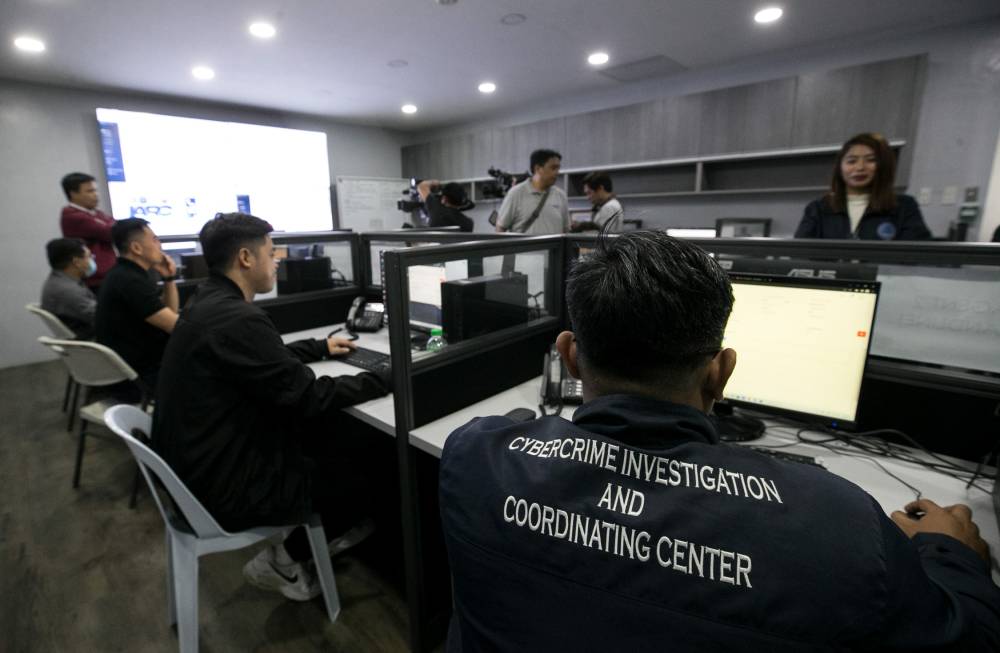Socmed users warned to disclose use of deepfake tech in posts or face charges

People using deepfake technology to post content on social media are required to clearly disclose that the material is not real or they could face prosecution under the cybercrime law, an official from the Cybercrime Investigation and Coordinating Center (CICC) warned on Wednesday.
In a television interview, Mary Rose Magsaysay, the CICC’s deputy executive director, acknowledged the challenges of curbing the spread of deepfakes, especially in relation to next year’s midterm elections.
But she stressed that the government has the tools and expertise to identify and pursue those responsible for creating and distributing deceptive content.
“The word is—we cannot prevent anyone from using it and surely it will be used, but we can also assure the public that the government will run after cybercriminals who use it because we can detect deepfakes,” Magsaysay told “Bagong Pilipinas Ngayon.”
“We urge—not just appeal to—the public that whenever they are posting something with deepfakes, they must put a caveat (warning) there to inform the public that the post is not real; otherwise, we can have them charged,” she added.
According to Magsaysay, the CICC has been buying and developing its anticybercrime tools that allow all law enforcement agencies to track down cybercriminals.
Multiagency effort
“We are in collaboration with all the [telecommunications companies] as well as the [electronic wallet platforms], and even all the agencies are helping one another day in and day out,” she said.
The CICC also has a “very close relationship” with Meta, the company that owns Facebook, which is the world’s biggest social media platform with approximately 3.07 billion monthly active users worldwide as of 2023.
“All that [netizens need to do] is dial 1326 because we recoup your Meta or Facebook accounts outright to stop hackers from continuing with their fraudulent activities,” she said.
The CICC official also cautioned social media users against posting materials not meant to be public.
“Please don’t post pictures of your children. But if you can’t help it, you make it private, you choose your friends well because you cannot choose your enemies,” she said.
An attached agency of the Department of Information and Communications Technology, the CICC is responsible for all functions related to cybersecurity, including the formulation of the National Cybersecurity Plan.

















